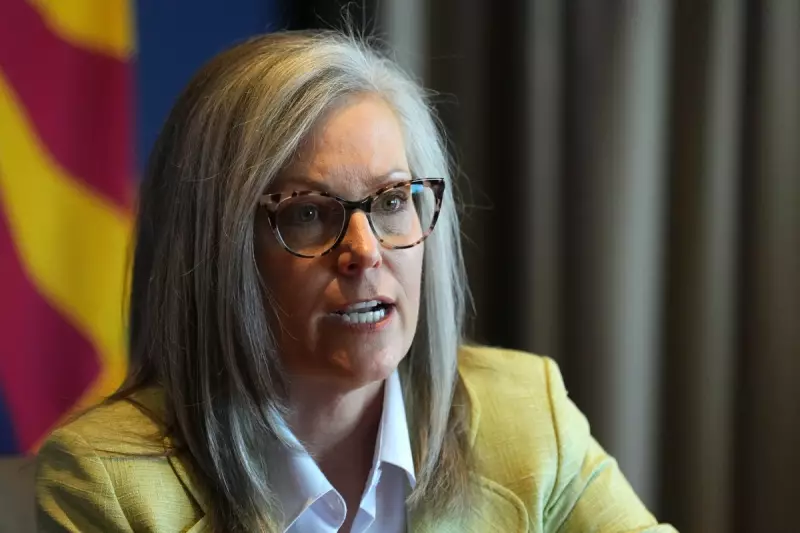
Republican lawmakers in Arizona have rejected a bipartisan proposal designed to regulate groundwater extraction in rural regions, intensifying tensions over water management as the state faces severe drought conditions.
The bill, introduced by Democratic Representative Stephanie Stahl Hamilton, sought to empower local communities to establish groundwater protection zones—similar to existing regulations in urban areas like Phoenix and Tucson. However, the Republican-controlled House Natural Resources Committee voted against advancing the measure, arguing it would infringe on property rights.
Why This Matters
Arizona is grappling with a decades-long megadrought, exacerbated by climate change and overuse of the Colorado River. Rural areas, where groundwater is the primary water source, are particularly vulnerable. Unregulated pumping has already caused wells to run dry in communities like Cochise County, forcing residents to rely on costly hauled water.
Opposition and Compromise
Republican Representative Gail Griffin, who chairs the committee, dismissed the bill as "overreach," insisting local stakeholders should negotiate water agreements privately. Meanwhile, Democrats and environmental advocates warn that without state intervention, rural Arizona could face a humanitarian crisis.
"This isn’t about politics—it’s about survival," said Stahl Hamilton. "We’re seeing entire communities left without water, and doing nothing is not an option."
What’s Next?
With the legislative session winding down, proponents of groundwater reform may turn to ballot initiatives or federal intervention. The debate underscores a growing divide between urban and rural water policies in the American Southwest.





